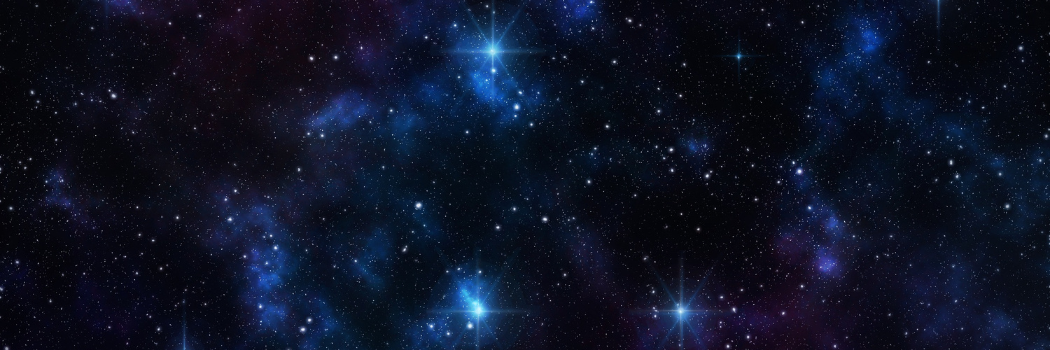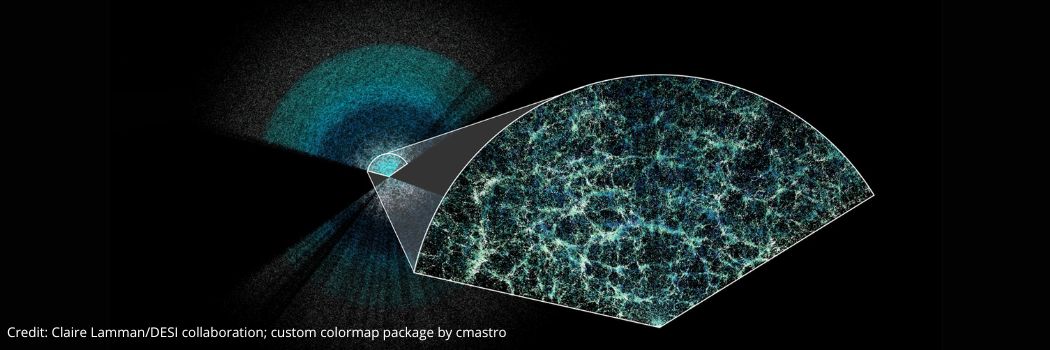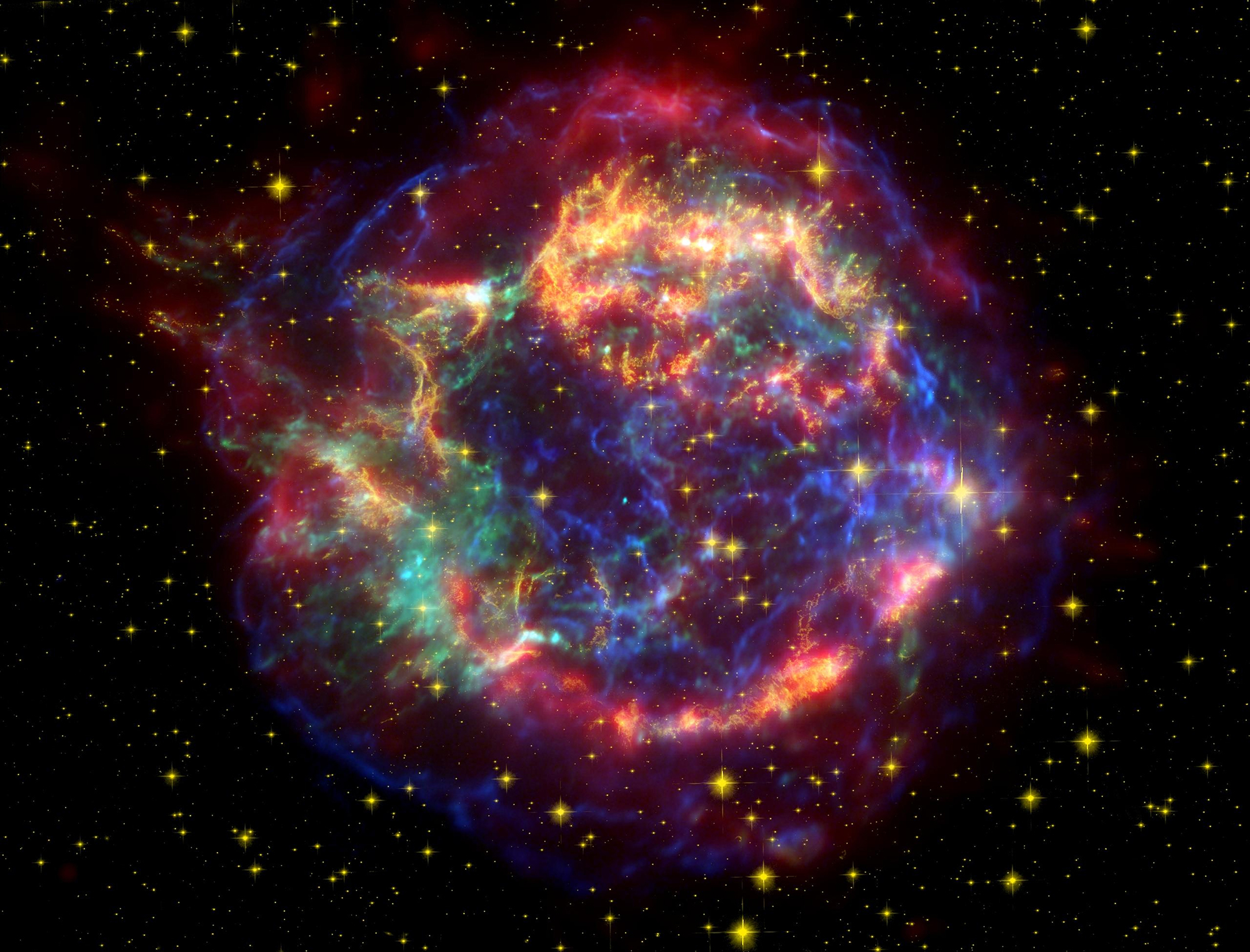Latest News
CfAI Head of Optical Design gives award winning talk at the SPIE Astronomical Telescopes & Instrumentation Conference in Japan
Ariadna Calcines Rosario, Head of Optical Design at Durham’s Centre for Advanced Instrumentation (CfAI), has received the Award to the Best Oral Presentation of the over 100 given at the SPIE Astronomical Telescopes & Instrumentation Conference in Yokohama, Japan.
Durham University physicists play key part in UK’s quantum future
We’re playing a key part in the UK’s drive to develop quantum technology to benefit a wide range of areas including healthcare, computing and security.
Durham University physicists play key part in UK’s quantum future
We’re playing a key part in the UK’s drive to develop quantum technology to benefit a wide range of areas including healthcare, computing and security.
Dr Alex Guttridge awarded prestigious Royal Society University Research Fellowship
Dr Alex Guttridge has been awarded a prestigious Royal Society University Research Fellowship. The Fellowship enables Dr Guttridge to research the topic of programmable assembly of ultracold molecules in optical lattices.
Durham scientists part of team behind stunning new images of the Universe
Our scientists are involved in a major international space mission that has released five unprecedented new images of the Universe.
Prestigious fellowship to investigate building blocks of the Universe
Congratulations to particle physicist Dr Stefan Schacht who has been awarded a prestigious Ernest Rutherford Fellowship to investigate the most basic building blocks of our Universe.
Breaking barriers: embracing neurodiversity in neutron and muon science
“Diversity of thought benefits everyone, but when the focus is on the short-term costs of making changes, disabled people are often deterred from asking for what they need.”
UK Government’s top scientist tours Durham campus
The UK Government’s top scientist has toured science facilities on our campus, meeting staff and students and hearing about the research being undertaken.
Star bars show galaxies evolved faster than previously thought
Our astronomers have looked back more than ten billion years in time to find that the Universe’s early galaxies developed much faster than scientists previously thought.
International Masterclass on Particle Physics
On March 22, Durham University's Institute for Particle Physics Phenomenology (IPPP) hosted the International Masterclass on Particle Physics—a hands-on event where high school students analysed real data from the Minerva neutrino detector. Over one hundred students from six local high schools—Durham Johnston, Durham Sixth Form, Newcastle High School for Girls, Thirsk School and Sixth Form, Wellfield Academy, and Sunderland Sixth Form—participated in the event.
Comet 3A and how medieval chroniclers interpreted celestial events
Many people in the UK have been gazing skyward during October, as Comet 3A, dubbed the 'comet of the century' became visible for the first time in 80,000 years. Our scientists scrutinise the cosmos in great detail. But how did medieval chroniclers interpret the skies and their wonders? Giles Gasper from our Department of History and Brian Tanner from our Department of Physics investigate.
Precisely measuring our expanding Universe
Our physicists are part of an international team that has made the largest 3D map of the Universe, measuring its expansion over 11 billion years.


/prod01/prodbucket01/media/durham-university/departments-/physics/teaching-labs/VT2A9034-1998X733.jpeg)

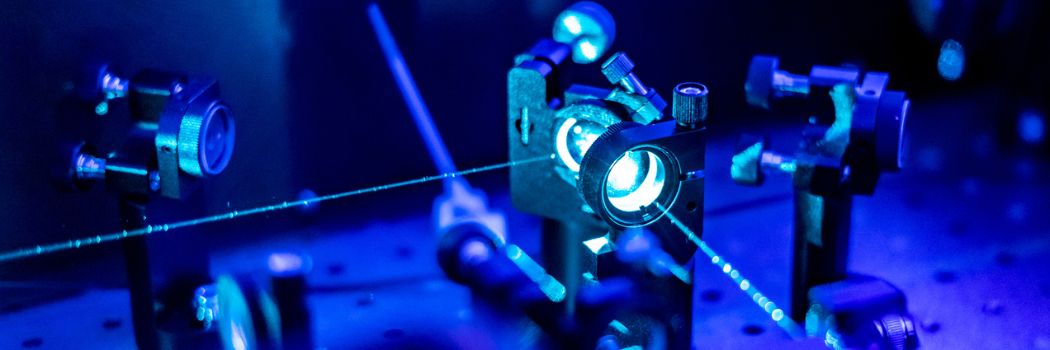
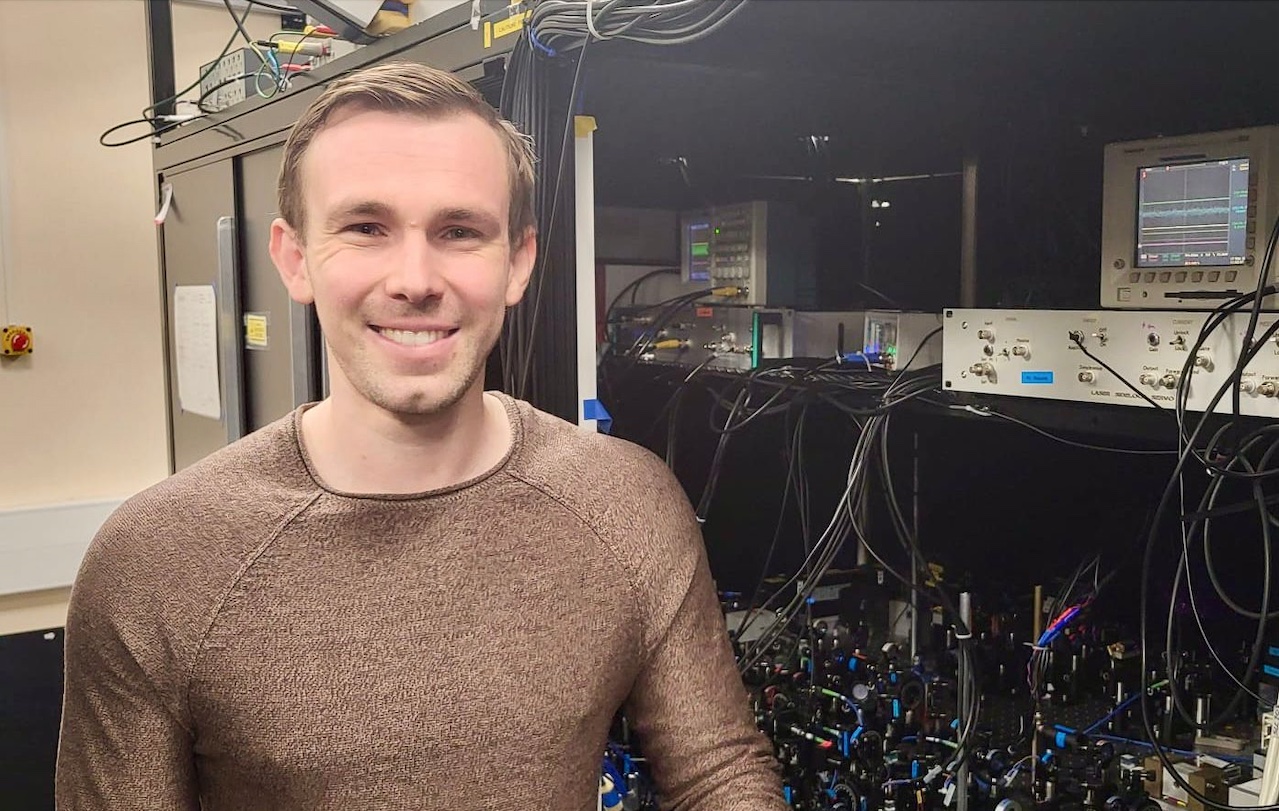
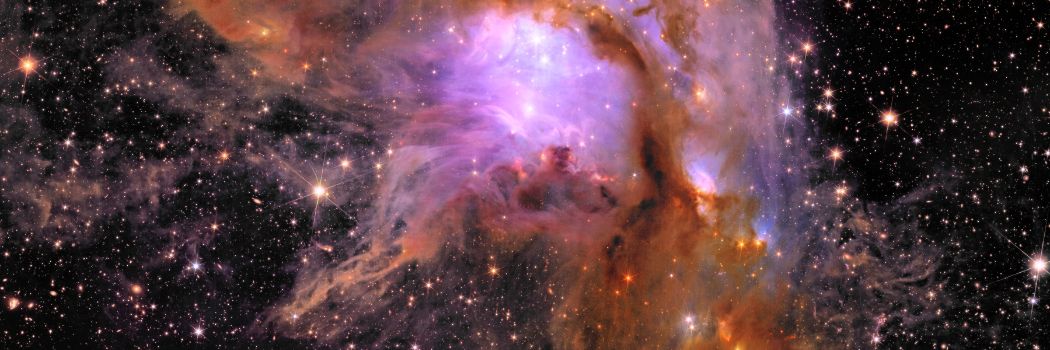
.jpg)

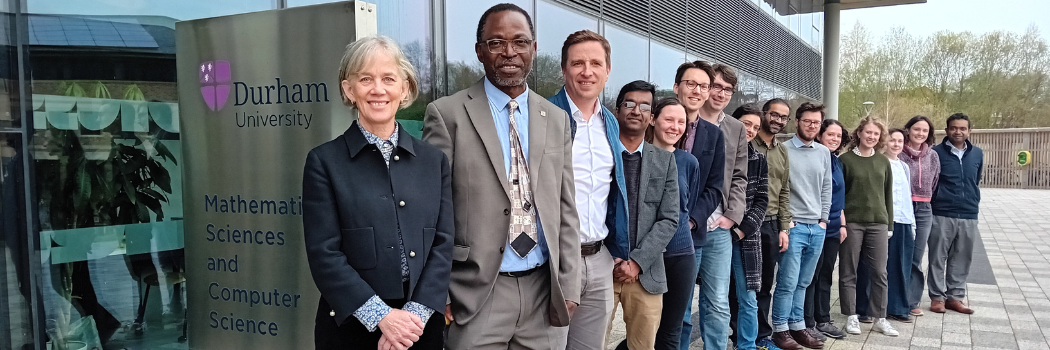
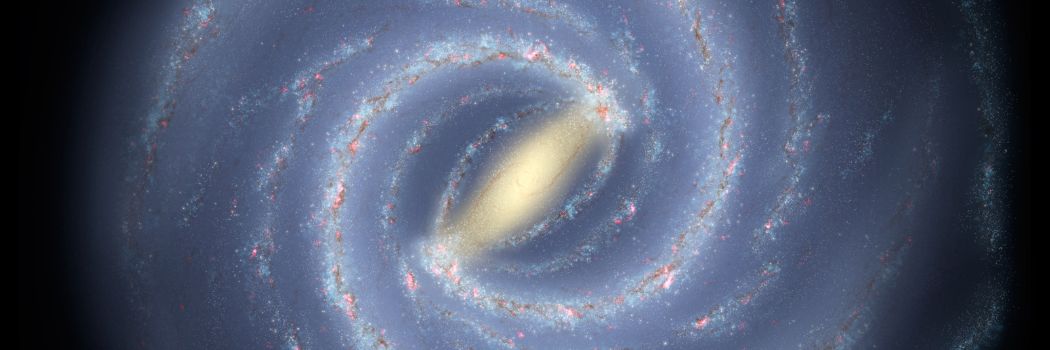
.jpg)
